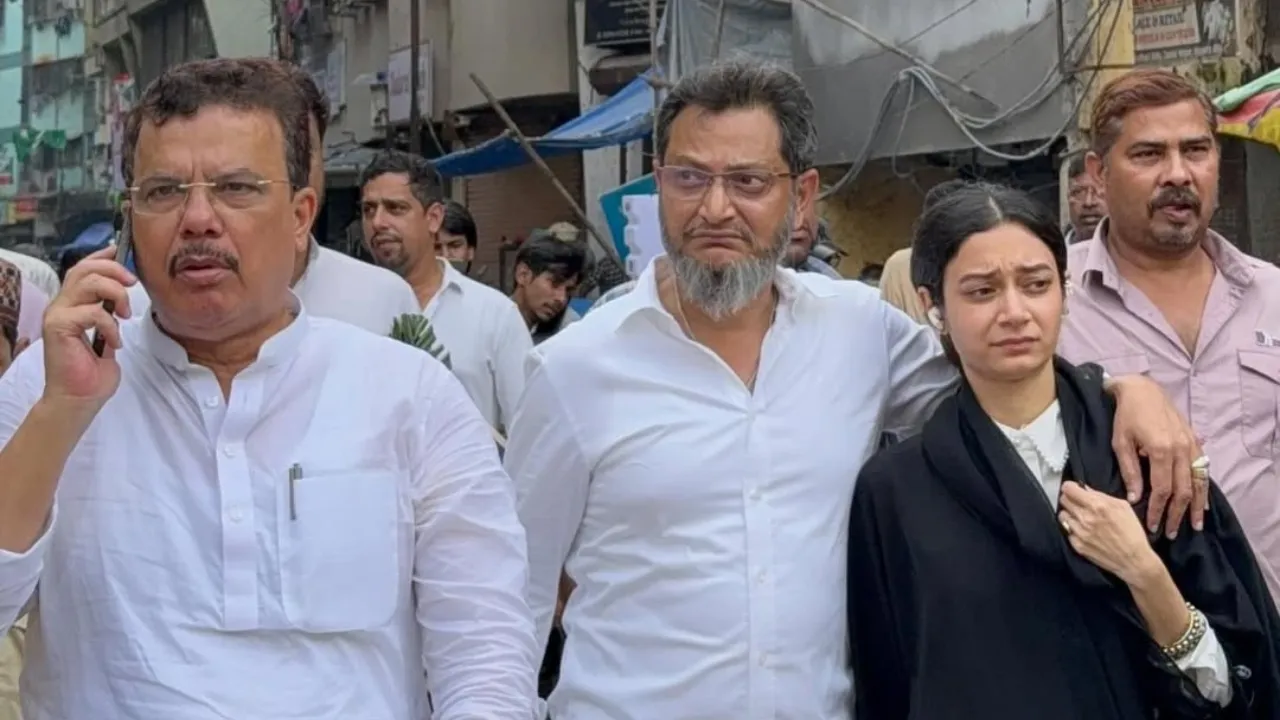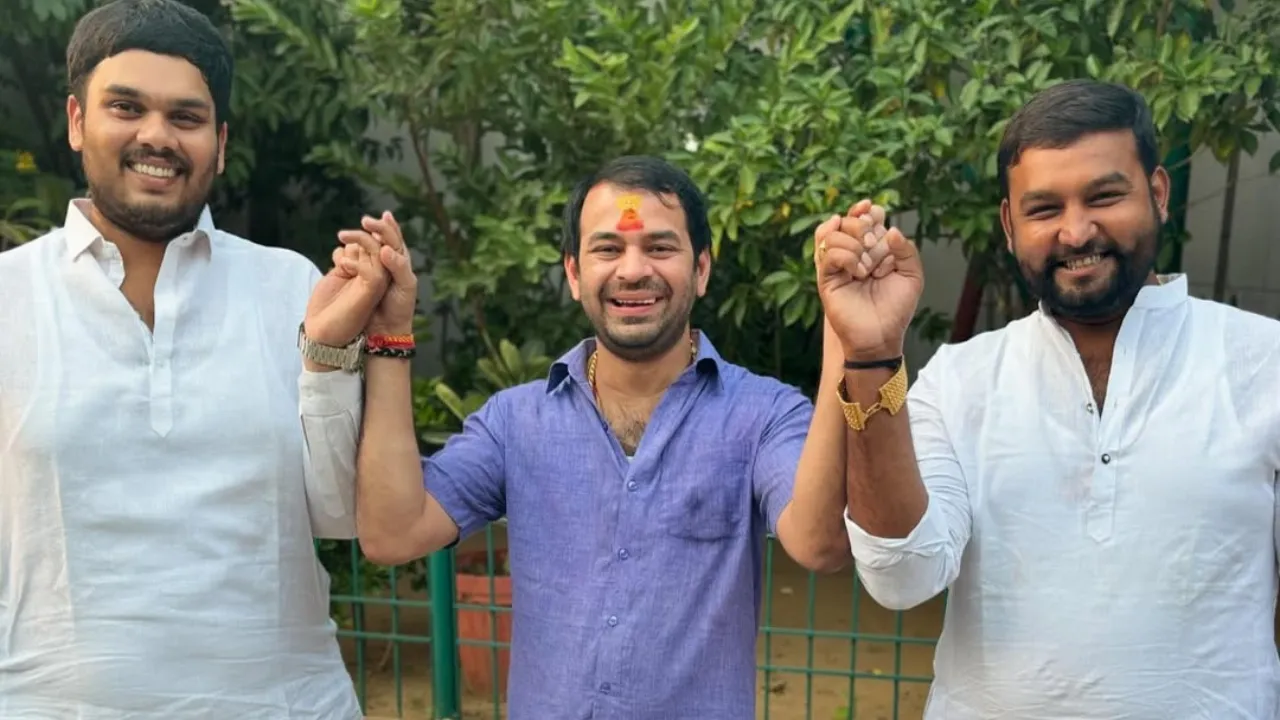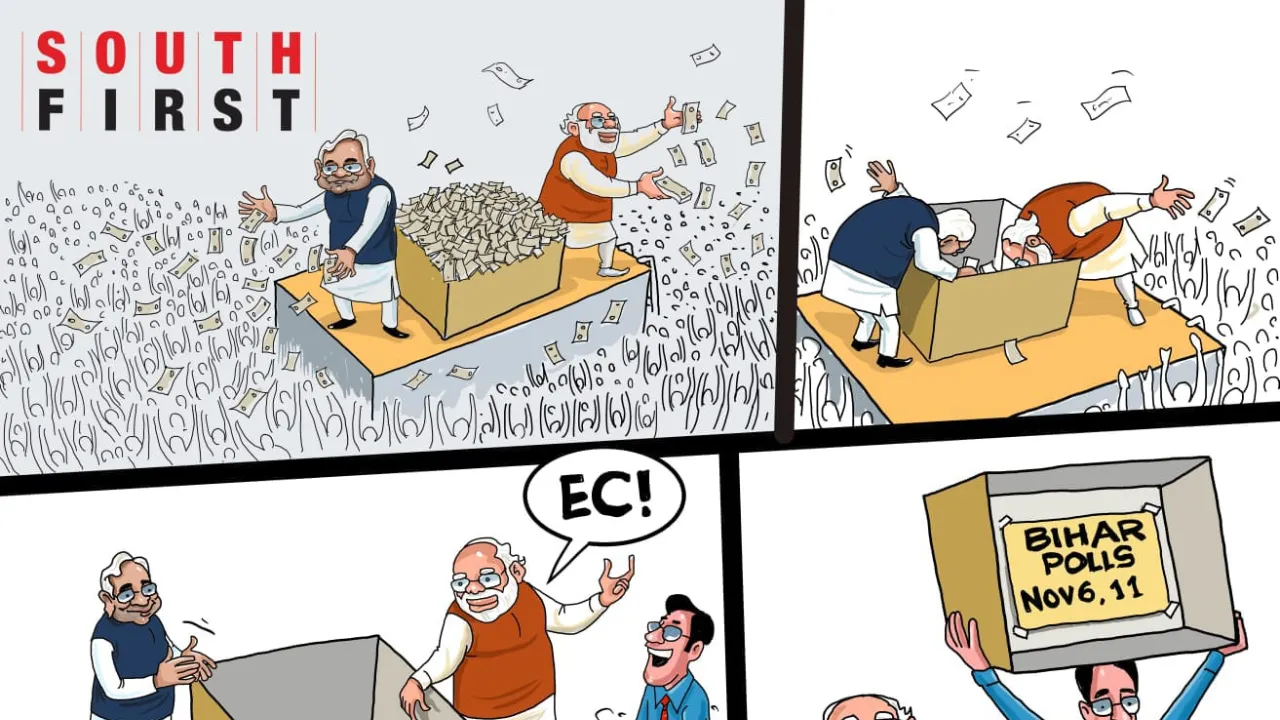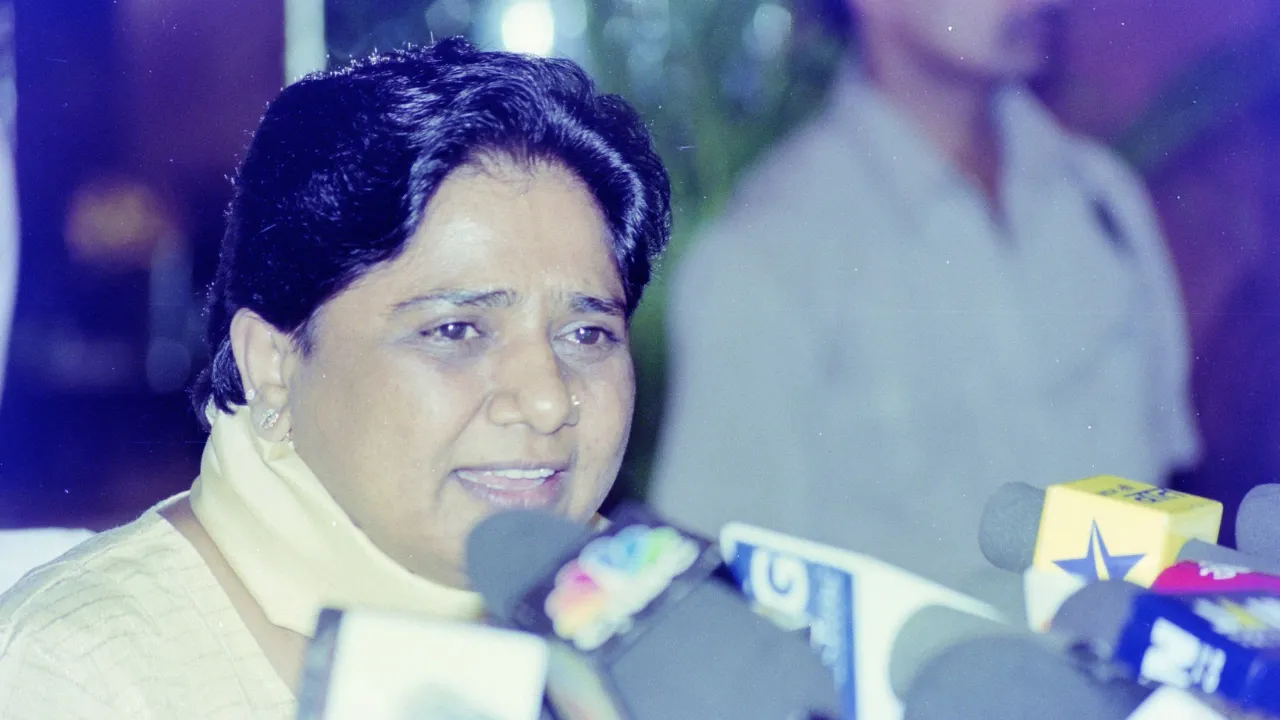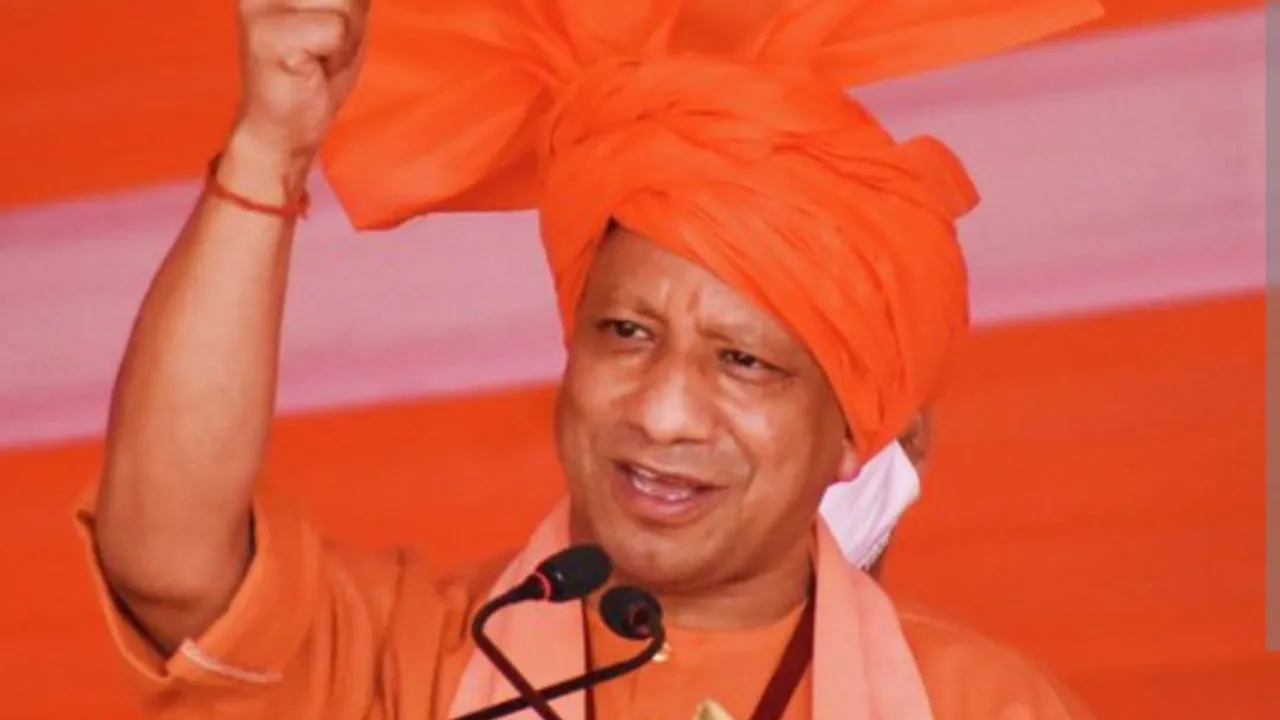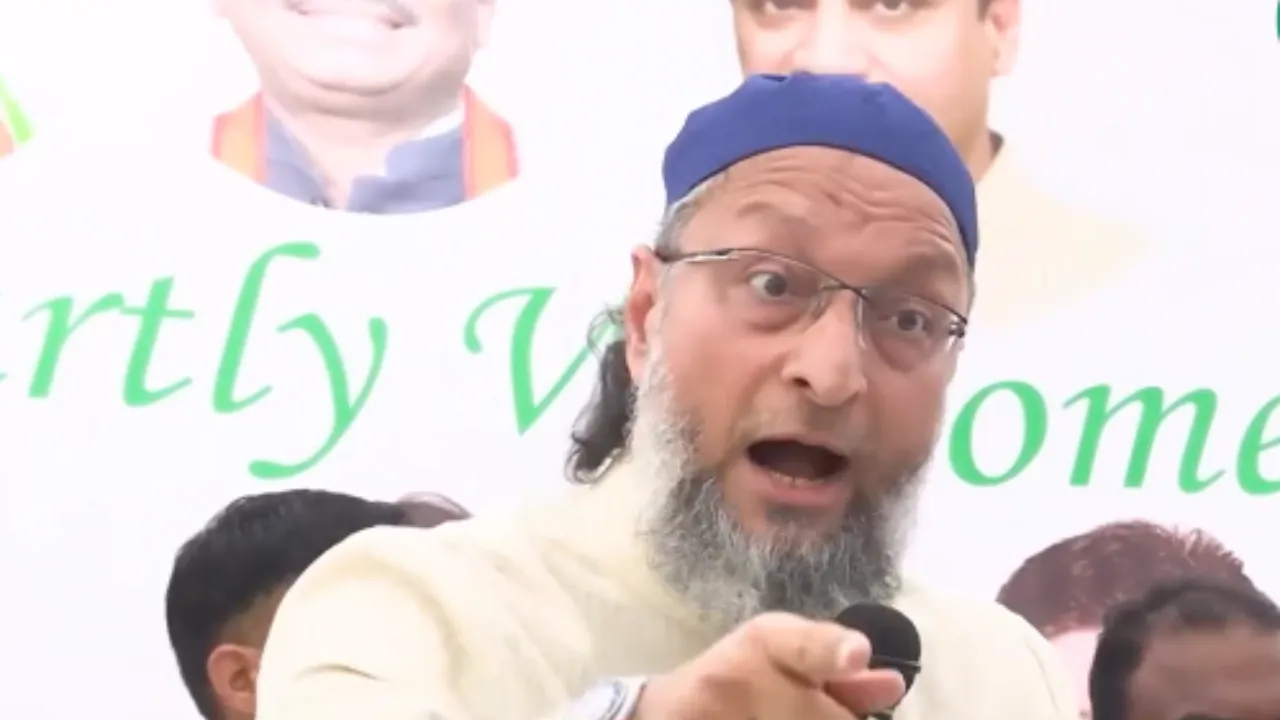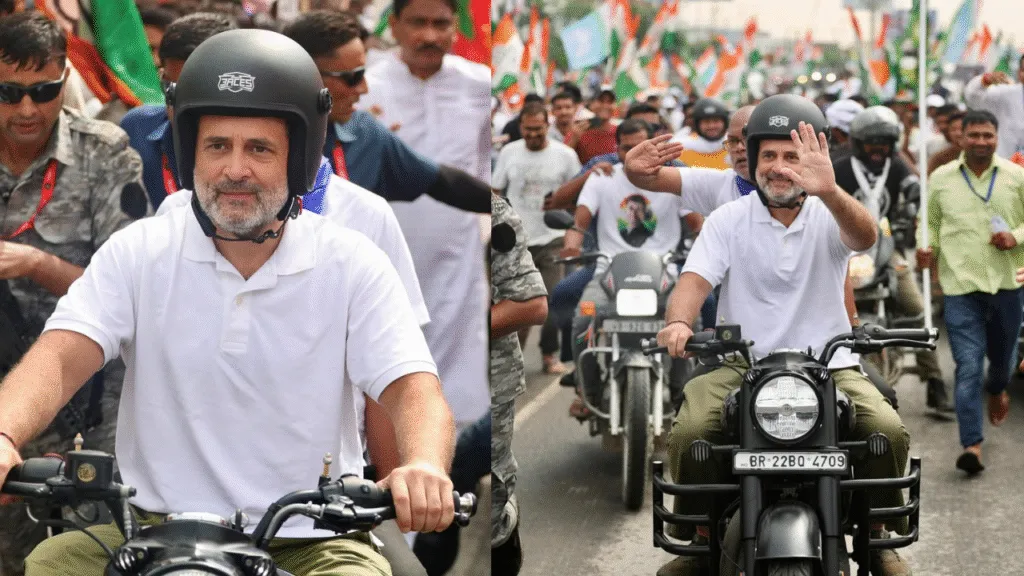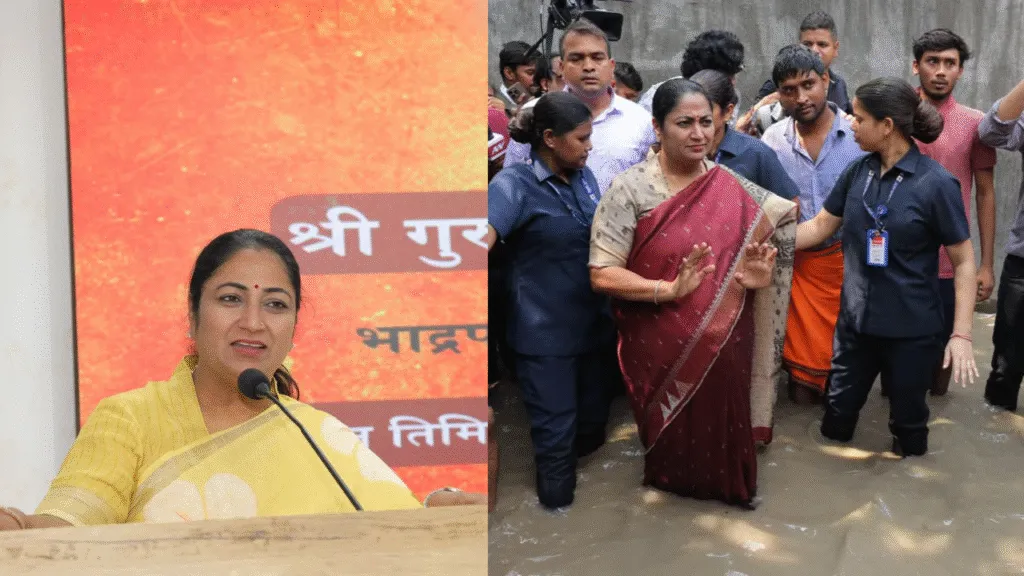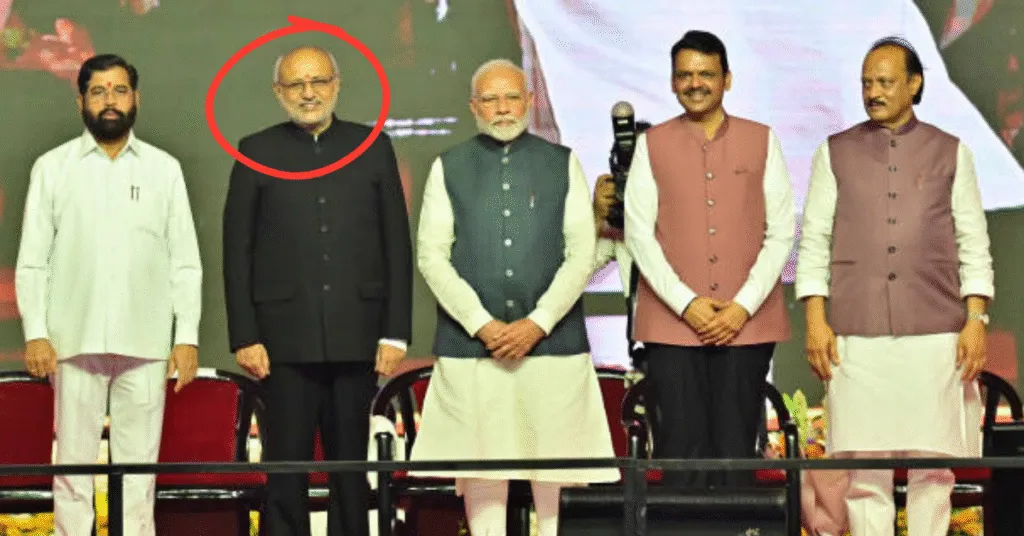RSS Chief Mohan Bhagwat Advocates Three-Child Families Amid Falling Fertility Rates
Demographic Alarm and Strategic Advocacy
In a compelling address marking the 100th anniversary of the Rashtriya Swayamsevak Sangh (RSS), RSS Sarsanghchalak Mohan Bhagwat urged Indian families to adopt a three-child norm, citing serious concerns over the nation’s declining fertility rate. Despite India now being the most populous country globally, recent data from the UN Population Fund (2025) indicates that total fertility has dropped below two children per woman—below the replacement level needed for long-term population stability.
Mohan Bhagwat framed his stance within the idea that the population must remain “controlled, yet sufficient,” stressing that nations must avoid unsustainable declines without tipping into unchecked expansion. He made clear that “not fewer, not excessively more” children—three per family—strikes the appropriate balance to ensure societal and cultural continuity.
Context and Broader Demographic Implications
Mohan Bhagwat’s comments come amid growing nationalist concerns over demographic balance and the implications of persistent fertility decline. He referenced religious scriptures to underscore that societies falling below minimal birth rates risk gradual disappearance over time.
Moreover, he dismissed accusations of targeting any specific community, emphasizing that falling birth rates are observed across all religious groups, including Muslims. This underlying concern reflects broader anxieties over ensuring cultural and national capacity in the face of rapid socio-economic change.
The Reach and Influence of the RSS
As the ideological parent of the ruling Bharatiya Janata Party (BJP), the RSS wields substantial influence over India’s political and cultural discourse. Several senior BJP leaders, including Prime Minister Narendra Modi, have long-standing ties with the RSS. Analysts note that policy directions—from education reforms to citizenship laws—often resonate with positions championed by the Sangh.
Mohan Bhagwat’s call, coming from a figure of such significance, underscores the potential to shape policy debates on reproductive norms and family planning conversations nation-wide.
What This Means: Societal, Policy, and Ethical Dimensions
Balancing Population Dynamics
Mohan Bhagwat’s remarks underscore a critical tension in India’s demographic trajectory: rapid fertility declines raise the specter of an aging population, shrinking workforce, and future labor shortages. His proposal for three-child families attempts to navigate between population control and demographic sustainability.
Social and Economic Impacts
Encouraging larger families intersects with complex factors such as resource allocation, women’s education and empowerment, and urban economic pressures. Critics may point to the economic burden on households, particularly among those already under strain, calling into question how a three-child norm aligns with current realities of education, healthcare affordability, and gender equity.
Minority Perspectives and Communal Cohesion
Bhagwat’s assertion that the fertility decline spans all religious groups aims to preempt communal interpretations. However, his reference to scriptures and cultural narratives may not fully address sensitivities around minority perceptions of population policy. Given India’s plural social fabric, messaging on family norms must tread carefully to avoid deepening social divides.
Policy Implications and Political Ramifications
While the RSS does not enact government policy directly, its pronouncements often shape political priorities. A three-child discourse may influence state-level population policies, media campaigns, or public funding priorities. Yet, formal population control laws remain controversial given past instances of coercive practices.
Ethical and Rights-Based Considerations
Publicly advocating for family size intersects with debates over reproductive rights and individual autonomy. Such messaging must be balanced against fundamental freedoms, women’s reproductive choices, and progressive empowerment frameworks.
In Summary
| Area | Takeaway |
|---|---|
| Demographic Concern | Fertility rates have fallen below replacement—raising alarms for future stability. |
| RSS Position | Advocates three children per family to ensure balance—neither too few nor too many. |
| Political Influence | RSS remains a pivotal cultural and ideological force influencing policy dynamics. |
| Social Complexity | Implementation faces economic, gender, and rights-based challenges. |
| Communal Sensitivity | Care needed to ensure remarks are not viewed through a communal lens. |
| Policy Trajectory | May prompt renewed debate on family planning, but must respect individual autonomy. |
As India navigates fading fertility and evolving socio-economic landscapes, Mohan Bhagwat’s call for three-child families adds a prominent voice to the national conversation. Whether his appeal shapes future policy—and how families, rights advocates, and communities respond—will reveal much about India’s demographic and cultural course ahead.
Also Read: Bigg Boss 19 Day 4: All Eyes on Captaincy!



